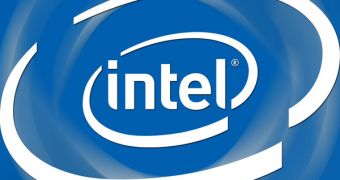Intel may have said that it was backing out of the Smart TV market, but that doesn't mean it is having second thoughts about anything else, even if its performance in, say, the tablet market is not too much better.
The tablet market has beet proving to be a tough road to hew for Intel, since Apple's iPad and the many Android slates on sale have been leaving little room for others.
Basically, the number of Intel-powered media tablets so far sold is very small even compared to just Android slates.
Considering that all the sold Android tablets put together don't even reach half the sales of the Apple's iPad, that isn't a very encouraging position to be in.
Nevertheless, the Santa Clara, California-based company is not backing down, determined to keep pressing on until it manages to invent a true x86 mobile processor.
The Medfield chip will be the main element in its strategy, starting next year, while the other half will be Microsoft's new operating system.
Windows 8 may have been revealed to include ARM support, but that only seems to have acted as an extra reason for Intel to try harder to make an ARM challenger.
"To date, our presence in tablets has not been large,” said Paul Otellini, chief executive officer of Intel, during the company's quarterly conference call with financial analysts.
“With Windows 8, you have monolithic operating system across PCs and tables that Intel can participate in and bring in the advantage of legacy support for applications and device drivers. In that dynamic, I think we have more upside than downside."
Intel also wants to get its chips inside smartphones and all other sorts of mobile devices, the same way ARM wants to make chips strong enough to power PCs, servers, etc.
Whether or not Medfield really has the power efficiency and performance requirements will become clear when devices based on it, and running Windows 8, show up in 2012.

 14 DAY TRIAL //
14 DAY TRIAL //